Dô-Thê Dung, Thuy-Lê Thanh
Extraits
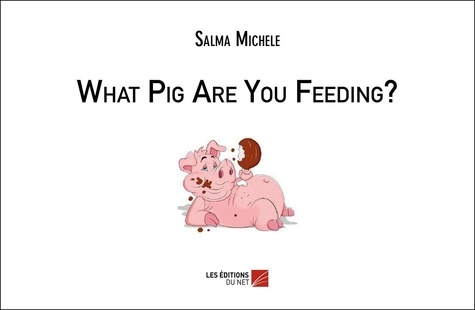
Littérature française
What Pig Are You Feeding?
10/2016
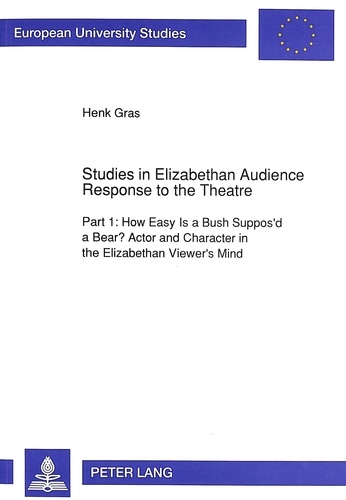
Non classé
Studies in Elizabethan Audience Response to the Theatre
02/1993
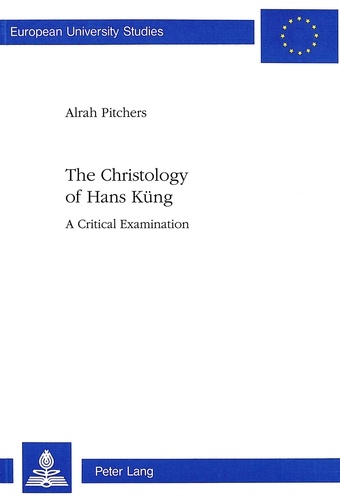
Religion
The Christology of Hans Küng
07/1997
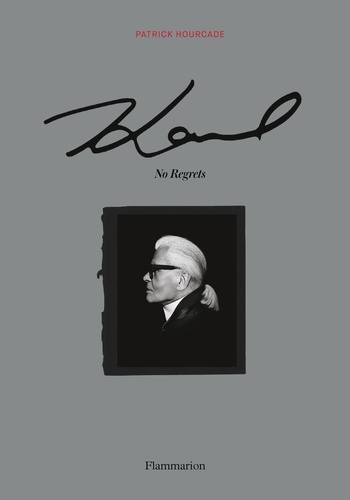
Monographies
Karl. No Regrets
10/2021
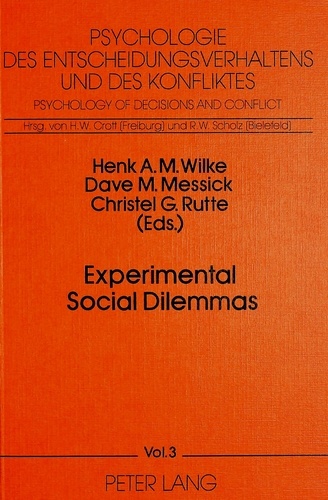
Non classé
Experimental Social Dilemmas
12/1986
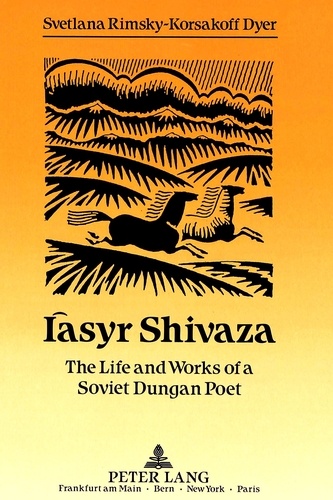
Non classé
Iàsyr Shivaza: The Life and Works of a Soviet Dungan Poet
11/1991
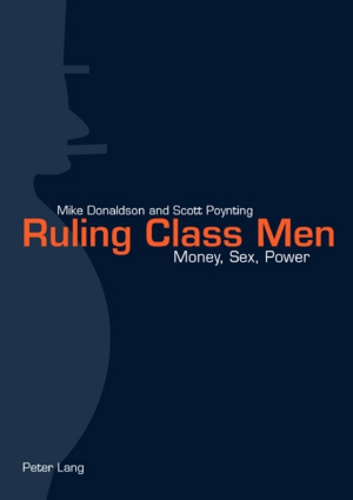
Non classé
Ruling Class Men
02/2007
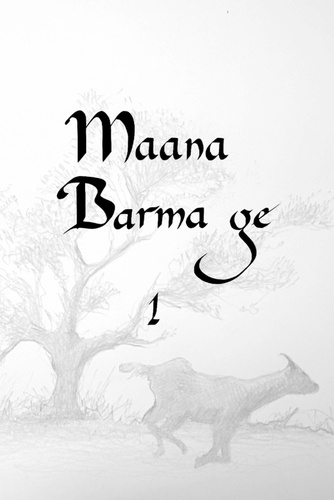
Littérature française
Maana Barma ge 1
06/2017
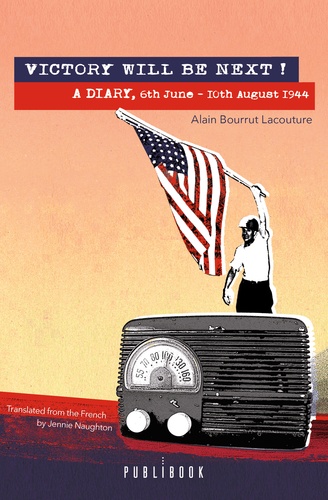
XXe siècle
Victory will be next ! A Diary, 6th June - 10th August 1944
03/2021
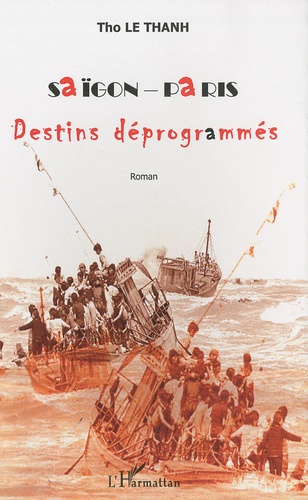
Littérature étrangère
Saïgon-Paris . Destins déprogrammés
02/2010
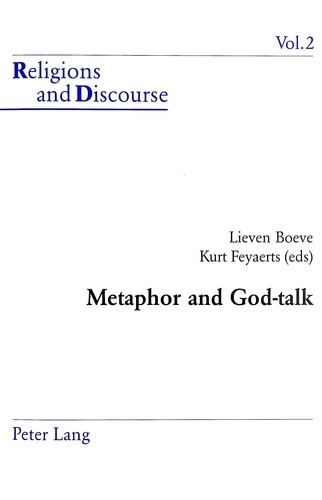
Religion
Metaphor and God-talk
11/1999
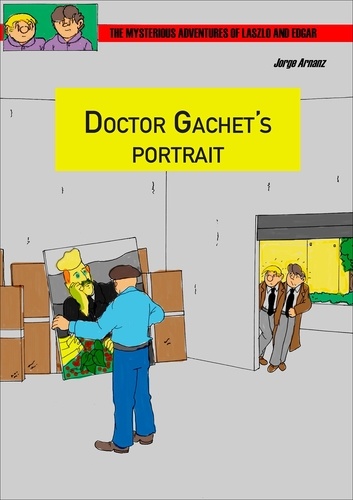
BD tout public
Doctor Gachet's portrait
01/2014
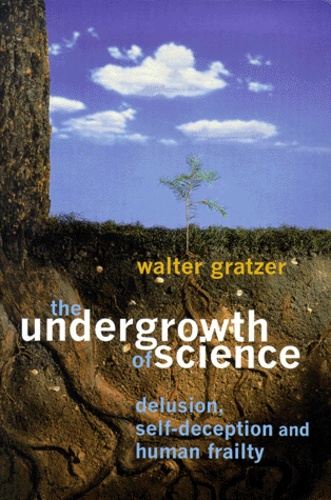
Histoire et Philosophiesophie
The Undergrowth of Science. Delusion, self-deception and human frailty
01/2000
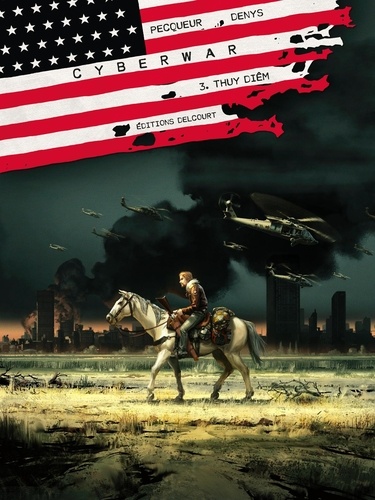
Policier-Espionnage
Cyberwar Tome 3 : Thuy Diêm
04/2021

Non classé
Debating National Security
04/1991
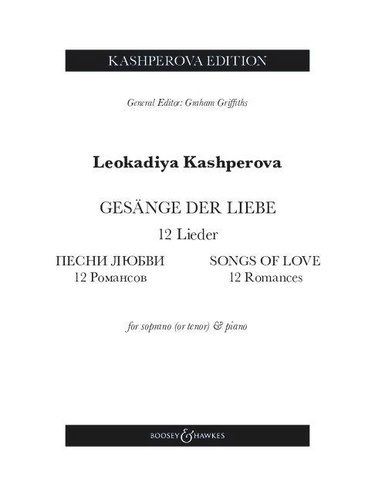
Musique classique
Songs of Love. 12 Romances. 12 Lieder. Soprano (tenor) and piano.
12/2023
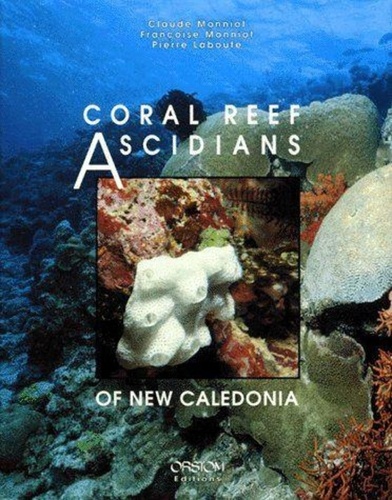
Sciences de la terre et de la
Coral reef ascidians of New Caledonia
08/1991
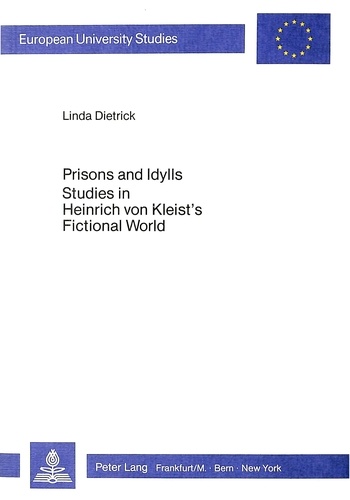
Non classé
Prisons and Idylls
12/1985
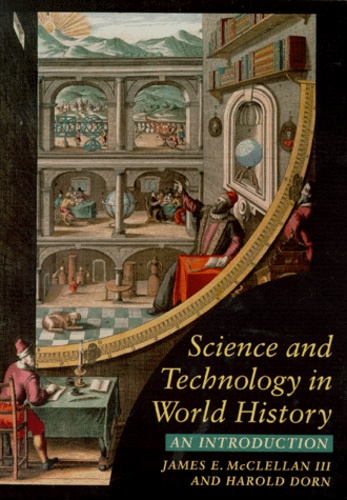
Histoire et Philosophiesophie
SCIENCE AND TECHNOLOGY IN WORLD HISTORY. An introduction
01/1999
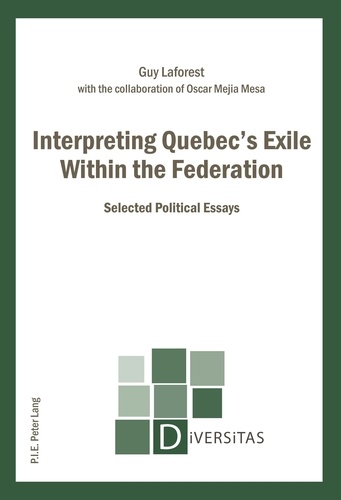
Philosophie
Interpreting Quebec’s Exile Within the Federation. Selected Political Essays
12/1986
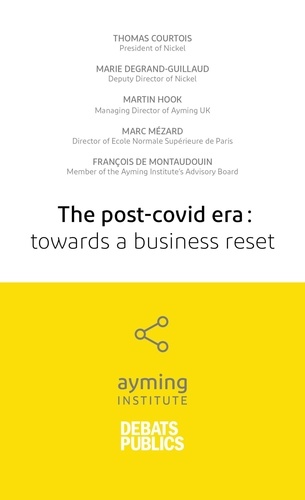
Actualité et médias
Performance post-crise
01/2021
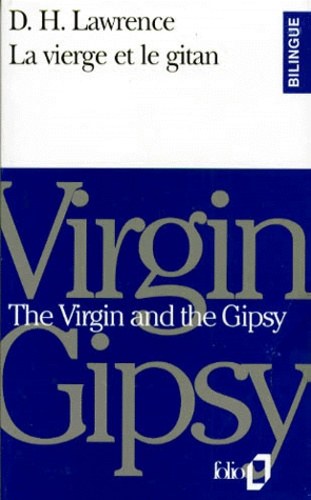
Anglais apprentissage
LA VIERGE ET LE GITAN : THE VIRGIN AND THE GIPSY
02/1993
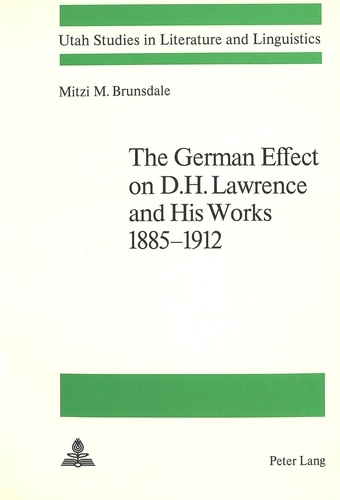
Non classé
The German Effect on D.H. Lawrence and his Works 1885-1912
12/1978
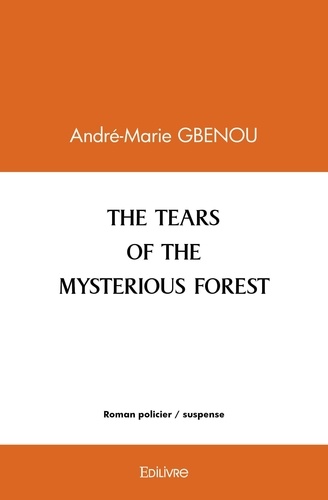
Romans policiers
The tears of the mysterious forest
12/2021
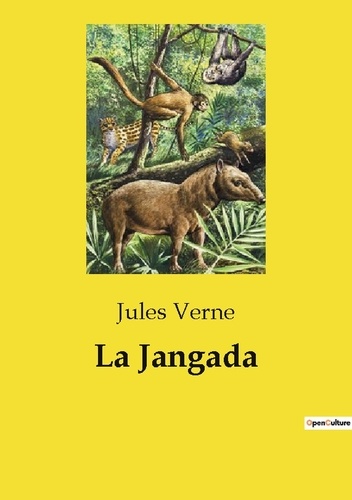
Littérature française
La jangada. .
06/1981
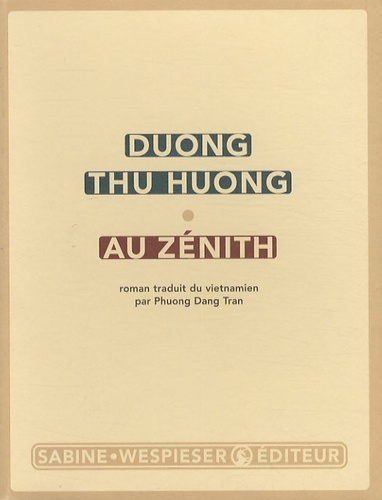
Littérature étrangère
Au zénith
01/2009
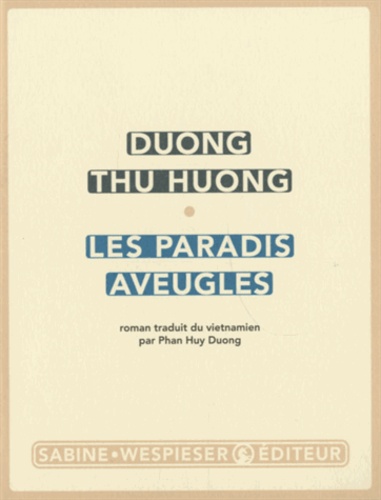
Littérature étrangère
Les Paradis aveugles
11/2012
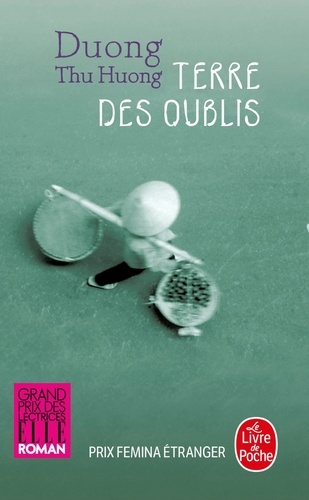
Littérature asiatique
Terre des oublis
08/2007
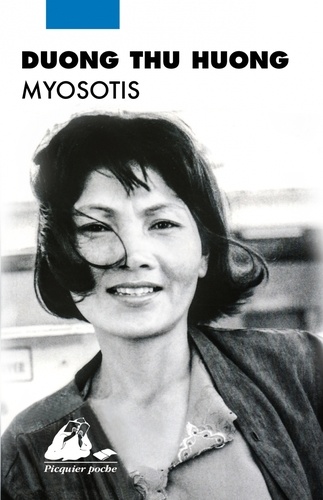
Littérature asiatique
Myosotis
01/2023
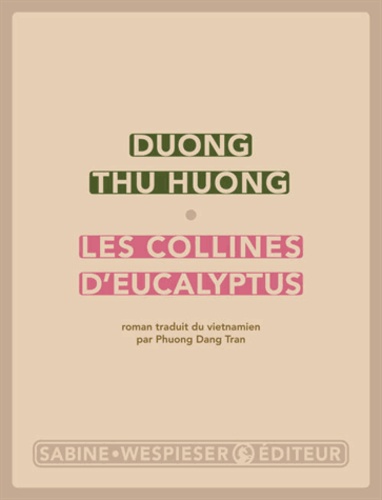
Littérature étrangère
Les collines d'eucalyptus
01/2014

